


emspace
gamer level 7
13390 xp
13390 xp
followers
7
7
Use my invite URL to register (this will give me kudos)
https://boardgaming.com/register/?invited_by=emspace
profile badges




recent achievements

I Play This One a LOT
Play a specific game 20 times.
Play a specific game 20 times.

Gamer - Level 7
Earn Gamer XP to level up!
Earn Gamer XP to level up!

Knight
Give 100 hearts (loyalty points) to a single game
Give 100 hearts (loyalty points) to a single game

Inspector
Follow a total of 30 games
Follow a total of 30 games

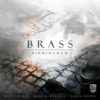
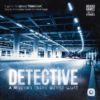


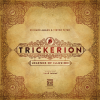


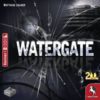

































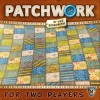










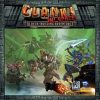









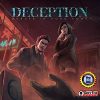
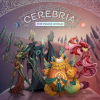







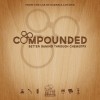

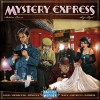








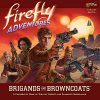




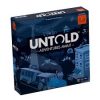



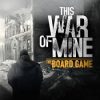























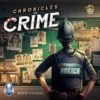


























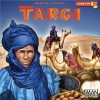
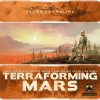


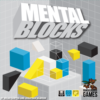



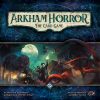

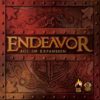


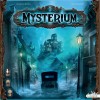


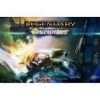







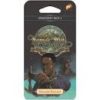
















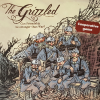

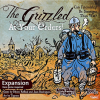
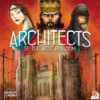











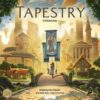




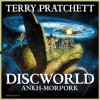







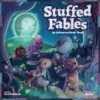


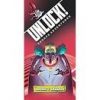




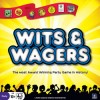






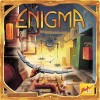


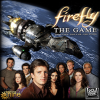







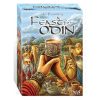





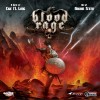


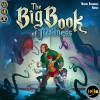

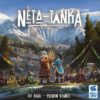








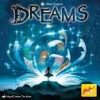



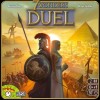



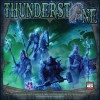
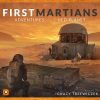














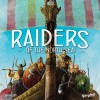
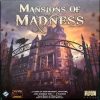




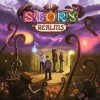
Charterstone
Have you seen those make-your-own-succulents-in-a-terrarium kits you can find near a bookstore cash register? Charterstone is a make-your-own-worker-placement-Euro kit. If you’ve never made a boardgame, not to worry: all the parts are provided in the box and it will step you through the process 1 game at a time.
Experience
Charterstone is focused on the game-by-game growth and evolution of the town your play group is developing over a 12-game arc. Each of you will have your own region to build up, though for most games, you’ll be able to place most of your workers in any of the locations on the board.
The main strategy of the game is to build a “mini engine” in your region that you can exploit for points—the mini engine being a cycling of locations that will give you resources that you can use for more cards or more buildings or more workers that will help you get more points.
However, the end of each game unlocks new, modified, or temporarily suspended rules for the next game, which means the strategy you used this game may no longer work in future games.
Adaptation is the key to survival in the evolution of your charter.
If you don’t enjoy surprises and constantly shifting rules and goals, this isn’t the game for you.
The main fun here is in revealing new cards and components in mystery boxes, hearing the on-going story of the Forever King and what he wants from your play group, and getting to name new characters and locations on the board and tracking your progress.
There will be a winner at the end of the 12 games, but if you care about that too much, you’ll not likely enjoy the game as much as those who are playing to be part of the ride.
…………………………………………………………
Keywords
Campaign: Your progress in building your village is charted over 12 games and cumulative successes are used to determine the Campaign winner.
Legacy: You will be constantly adding to and changing the board, adding cards and other components, writing in names, sometimes destroying cards, leaving you with a unique game at the end that can be played as a stand-alone game.
Worker Placement: Players use a limited number of workers to take actions at locations on the board. When you’ve run out of workers to place, you must use a turn to take them all back, or hope another player bumps you from your spot to free that worker.
Engine Building: To a small degree, players are trying their best to add buildings to their regions that will help them generate points as efficiently as possible.
Story Told: The campaign’s appeal is the overarching story of the Forever King and executing the charter of building the village.
…………………………………………………………
What Works
• Surprises with opening Crates and rules modifications for next game.
• Campaign mode with slight shifts in ease or anxiety about rule change — every game plays differently and prevents runaway leader if players are forced to change tactics and strategies from game to game.
• Thrill of creating your unique Charter village and characters.
• Components are top notch and aesthetically and graphically beautiful, as one expects from Stonemaier Games.
What Doesn’t Work
• Bad buildings in your Charter makes it difficult to chain an efficient engine, making it difficult to catch up with players with great output of resources and/or other benefits; there’s no recovery from this — luck of getting building cards when they come up is difficult to mitigate if you don’t have things already set up (especially in the way of buildings in your charter) to take advantage of those at any turn.
• Lopsided building of Charters by the end of the game makes the board largely unplayable for stand-alone games.
…………………………………………………………
Buy If
• You can find 1 to 5 other people to commit to a regular game to play through all 12 episodes of the campaign.
• You want to create a custom worker placement Euro boardgame that you will continue to play after the campaign ends, even if it’s somewhat lopsided.
Play If
• The thrill of exploration and surprises excites you more than other types of game fun (such as exploring strategy, winning).
• You don’t mind playing sub-optimally from time to time and enjoy the challenge of adapting your strategy based on game-to-game rule changes and overall legacy changes.
• Your motto is “It’s about the journey, not the destination.”
Skip If
• You highly desire balance and low luck.
• You abhor runaway leaders or runaway engines.
• You really care about skill-based winning.
• You expect the connecting story to blow you away.